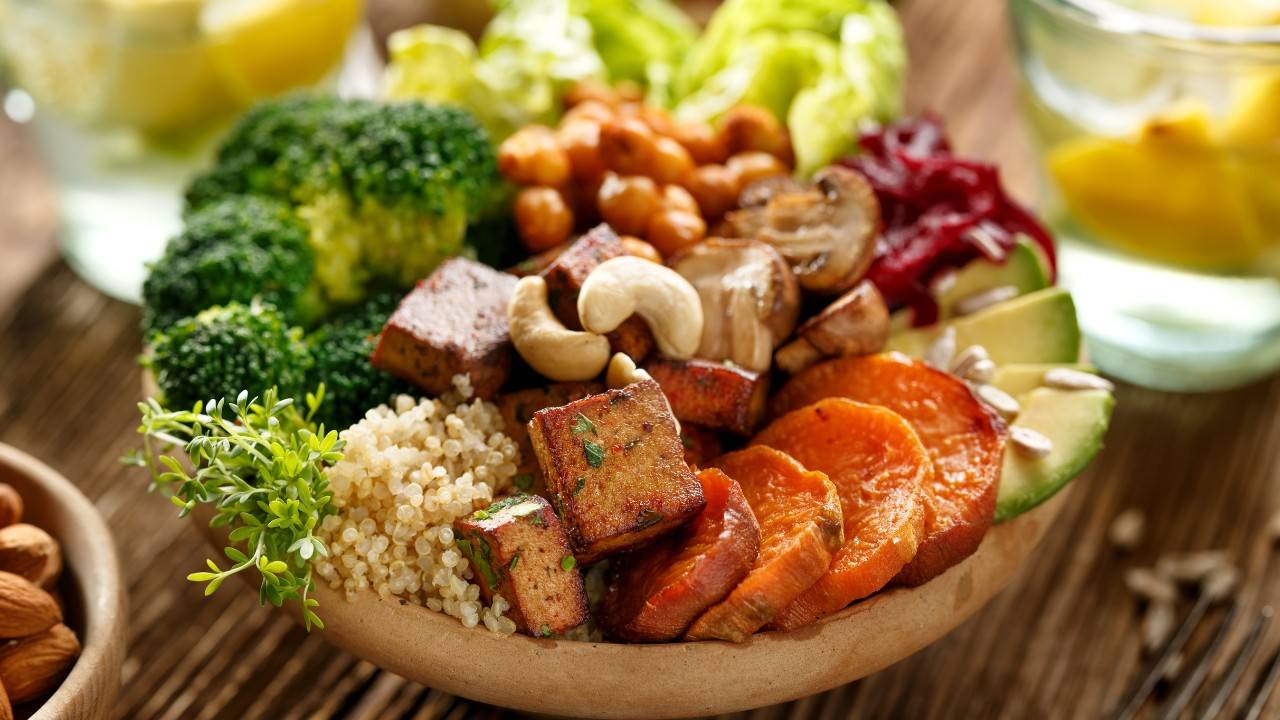What we eat makes a lot of difference to the planet. In fact, it makes a bigger impact than all cars on the planet combined.
Ben Houlton, Director of John Muir Institute of the Environment shows us how can we help slow down climate change by choosing what we put on our plate every day.
For example, everything that goes into a single serving of grass-fed ribeye steak amounts to 330g of carbon. If, for example, you choose chicken instead, the emissions drop five times, to 52g. With fish, the number drops even more.
Now, if you swap beef for lentils, the carbon emission dwindles to practically nothing — only 2g of carbon or carbon equivalent.
According to Vox, livestock accounts for a little over 14 percent of global greenhouse gas emissions. It almost equals the total road, rail, air, and sea transportations on the planet combined.
Vegan is probably the diet with the least impact, but studies show that vegetarian and even Mediterranean diets are not much different in the terms of emissions.
This means that we don’t all have to be vegans, not even vegetarians. By simply reducing our meat servings to what the doctor recommends, we can significantly help the climate recover.
Watch the video from Vox below:


